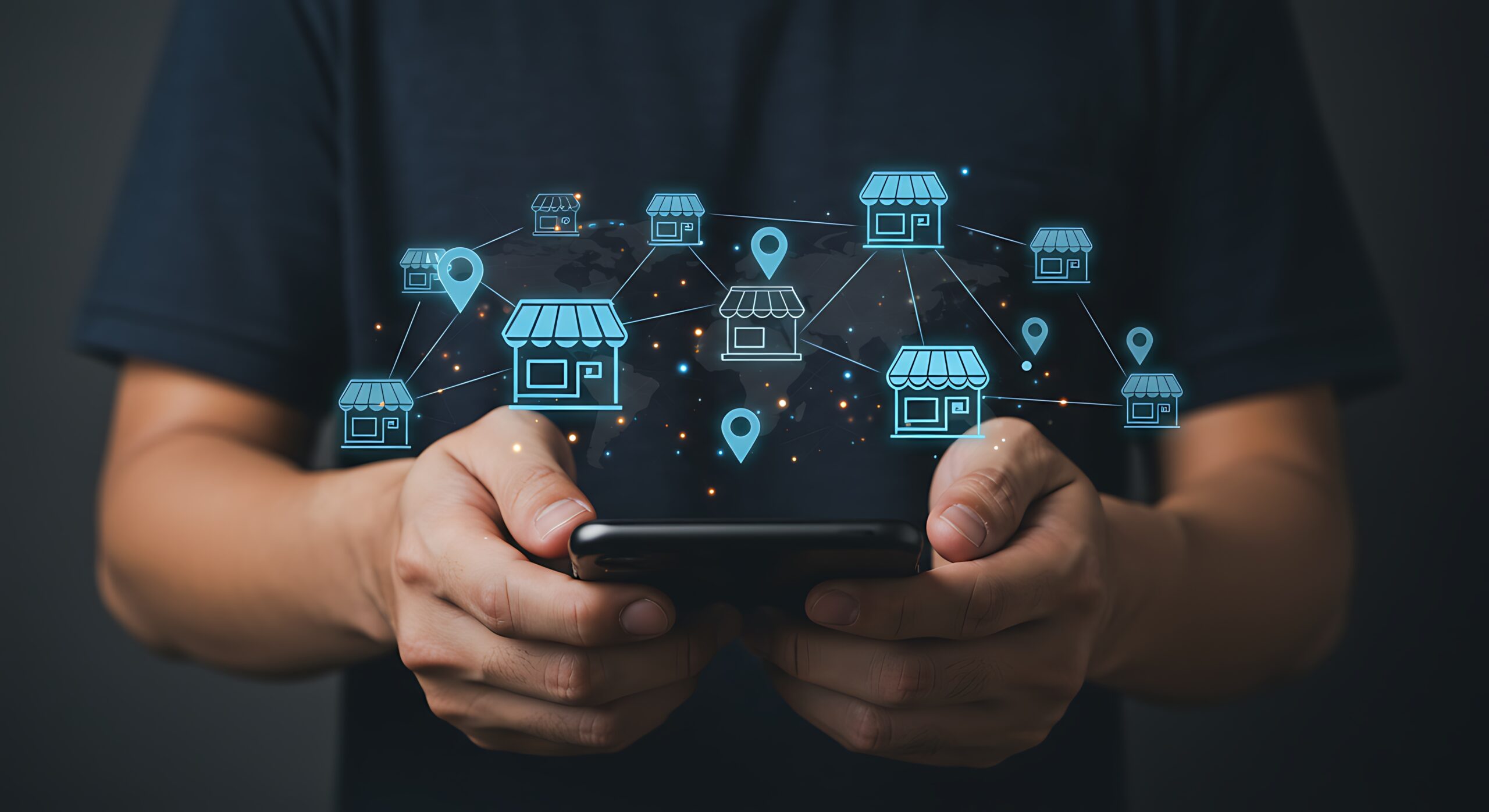By Gregory Pranzo
If the last few years have taught us anything, it’s that access to technology is no longer a luxury—it’s a necessity. Whether you’re applying for a job, attending school, managing your health, or starting a business, being connected is essential. But in Baltimore, far too many people are still on the wrong side of the digital divide.
As a tech entrepreneur and lifelong Marylander, I’ve seen firsthand how this gap holds people back—especially in historically underserved neighborhoods. I’ve also seen how local entrepreneurs, community organizations, and small tech firms like mine can be part of the solution.
The digital divide isn’t just about who has internet—it’s about who has opportunity. And in 2025, that opportunity should be available to everyone.
What Is the Digital Divide?
The digital divide refers to the gap between those who have access to reliable internet, digital devices, and the skills to use them—and those who don’t. In Baltimore, this divide is real and deeply rooted.
According to recent city data, roughly 40% of households in some neighborhoods lack wireline internet access, and many residents rely solely on mobile phones for connectivity. That makes things like remote learning, telehealth, and applying for services incredibly difficult.
When you don’t have stable internet or a functioning computer, everything becomes harder:
- Children struggle with homework
- Adults can’t apply for jobs or benefits
- Seniors can’t access online healthcare
- Small businesses miss out on digital tools that help them grow
And in communities of color, where structural inequality has long existed, the divide is even wider.
Why Local Entrepreneurs Should Care
Too often, the digital divide is seen as a government problem—or something for big tech companies to solve. But I believe local entrepreneurs, especially those in the tech and service industries, can play a major role in closing the gap.
Why? Because we’re close to the ground. We know our communities. And we can move quickly.
As someone who works with small businesses and nonprofits every day through PranzoTech Solutions, I’ve seen how basic digital tools can completely transform operations. I’ve also seen how a little bit of tech training goes a long way in empowering people to take control of their futures.
Local entrepreneurs have a unique ability to provide access, education, and opportunity. It’s not just good for the community—it’s good for business.
Three Ways We Can Make a Difference
1. Offer Digital Skills Training
One of the biggest barriers isn’t just access to the internet—it’s knowing how to use the tools once you’re online.
That’s why I’ve partnered with local nonprofits like Code B’More to host free or low-cost workshops on topics like:
- How to use email, Word, and Excel
- Building a résumé and applying for jobs online
- Starting a basic e-commerce store
- Understanding cybersecurity best practices
Whether you’re a web designer, IT consultant, or marketing expert, you can give back by offering your time and knowledge. Digital literacy is one of the most powerful forms of empowerment.
2. Support Device Access Programs
It’s hard to gain skills if you don’t have the tools. Many Baltimore residents still lack access to laptops, tablets, or even a stable Wi-Fi connection.
Some organizations are already stepping up—like the Baltimore Digital Equity Coalition, which has distributed thousands of refurbished devices and Wi-Fi hotspots to families in need. As business owners, we can help too:
- Donate unused laptops or tablets
- Partner with tech recyclers or refurbishers
- Sponsor device drives or internet stipends for students
A simple donation can be life-changing for someone trying to learn or work from home.
3. Create More Inclusive Job Pipelines
If we want to close the digital divide long-term, we need to connect people to real economic opportunities.
Local entrepreneurs can lead by example—by hiring tech talent from within the community, offering paid internships, or mentoring young people who are curious about careers in STEM or entrepreneurship.
Baltimore has incredible potential. But far too often, that potential is overlooked because someone doesn’t have a degree, a network, or a fancy resume. Let’s change that by creating hiring pipelines that are inclusive, skill-based, and focused on growth.
A Shared Responsibility
The digital divide in Baltimore won’t disappear overnight. It’s tied to decades of inequality and disinvestment. But we can make a real difference—one block, one student, one household at a time.
City leaders have a role to play. So do schools, nonprofits, and large tech firms. But local entrepreneurs are just as important. We have the creativity, the connections, and the commitment to help bridge this gap from the inside out.
At PranzoTech, we’re continuing to offer tech consulting to local businesses, support community digital initiatives, and advocate for broadband equity. But this is bigger than just one company. It’s a movement—and it’s one that Baltimore is more than capable of leading.
Final Thoughts
Closing the digital divide isn’t just about getting people online—it’s about creating a more just, connected, and resilient city. When we give people the tools they need to learn, work, and grow, everyone wins.
So to my fellow business owners, tech professionals, and community leaders: let’s step up. Let’s invest in people, share our skills, and build a Baltimore where digital opportunity is truly universal.
Because in 2025, no one should be left behind.
